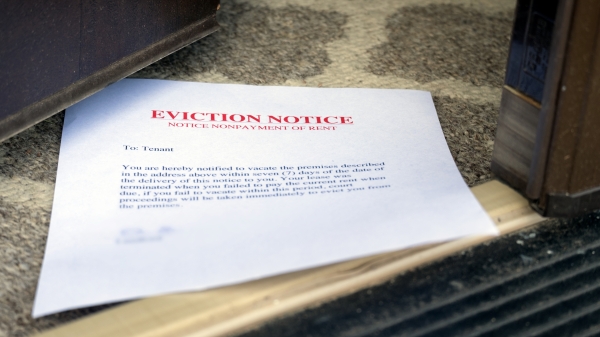By Susan Britt
Alabama Political Reporter
MONTGOMERY—On Tuesday, Senate President Pro Tem Del Marsh’s (R-Anniston) gaming bill had its day in committee. After some harsh words were exchanged on the Senate Floor, Marsh’s bill was given a favorable report by the Tourism Committee with a vote of 6-2.
When the Senate convened on Tuesday, Sen. Dick Brewbaker (R-Montgomery) questioned his fellow Republicans’ willingness to destroy poor families in Alabama by allowing gaming, while Sen. Bobby Singleton (D-Greensboro) asked where was Brewbaker’s concern for families that would not have a job without the legislation.
After the Senate adjourned until 12:00 on Wednesday, a public hearing was held regarding the bill. In a room filled to capacity, citizens expressed their support and concern.
The first speaker was Chip Hill, executive director of Alabama Jobs Foundation, who said, “We do not envy the position that the State Legislature is in. We know these are very difficult times. We know there are different plans being put on the table and that you have to make some very tough choices for the people of Alabama in this historically unprecedented time.”
Hill said that the foundation had looked at multiple solutions to the budget crisis, but felt the Marsh plan was “the most attractive for the people of Alabama.”
Citing a AUM study conducted before the 2015 Regular Session, Hill said that the Marsh legislation would have a $1.2 billion economic impact on the State creating 11,000 jobs, and would result in an annual revenue of $400 million.
He also cited a poll conducted by the foundation and approved by other pollsters saying, that when asked about the Marsh Plan, participants gave it an approval of 69 percent. Furthermore, when they were asked if they would like to vote on the issue 89 percent said that they would.
Dr. Joe Godfrey was the second to speak as an opponent of the bill. He said, “Lotteries and casino gambling have been proven to be the biggest public policy failure everywhere they have been tried over the last 40 years…Makes people think they can gamble their way out of poverty…Gambling is a regressive tax on the poorest people of our State.”
President of the Jobs Foundation, former Auburn Coach Pat Dye was next. He said that there is gambling in the State going on today, but they have a monopoly on it, and need some competition.
“I don’t gamble either, but people are going to gamble. You know, if there weren’t sinners out there, there would be no need for preachers. Everybody in this room has some spots on them,” he said. “It is crystal clear to me as to what needs to happen in this state for the long-term needs of funding for the State government, all of the issues that come up from a educational standpoint.”
John Teague who represent the Poarch Band of Creek Indians submitted a substitute where he asked for the gaming license to go through a competitive bid process. “That way the State would derive an immediate benefit from bidding all of these licenses rather than just giving them to someone,” he said. The substitute also included a “point of destination” requirement that would make shopping malls, bowling allies, restaurants, etc. to be required to be built as well.
Marsh expressed an interest in entertaining Teague’s proposal and promised to look further into it as the bill moved toward the Senate Floor.
After the speakers had finished, the committee began discussing the points of the speakers and the bill itself.
Sen. Trip Pitman (R-Daphne) offered a substitute that would take out the Class 3 gaming and only propose the education lottery. Marsh quickly called for a vote to table and succeeded.
The motion on the bill was made and only Pitman and Sen. Tim Melson (R-Florence) voted “nay.”
All during the meeting, Senator Smitherman had eight lottery tickets in his pocket.



















































